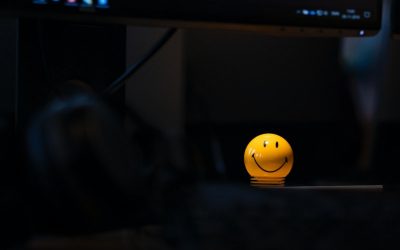Phobias are irrational fears of an object, situation or activity that are so pronounced that people with a phobia will go to any lengths to avoid it. Current estimates of the percentage of the population that have phobias are around 10%. This is quite a significant number of people whose quality of life in some way is affected by their particular phobias.
Generally, phobias can be classified into three different types.
Agoraphobia is a fear of being in an inescapable situation or one where escape would cause severe humiliation. Social phobia or social anxiety disorder is the fear of being in situations that demand social interactions. Specific phobias are broad ranging and encompass many different situations. All three are associated with anxiety and often present with similar symptoms as panic attacks.
The description of agoraphobia as given does not match the general public’s understanding of the disorder, which is often presented in stories and movies as a fear of open spaces. While it is true that this is part of the phobia, it also includes fear of being in public places or any other situation where a panic attack could occur. Agoraphobia is actually quite debilitating for the sufferer as it often occurs in conjunction with a co-existing panic disorder.
Social Phobias Limit Normal Social Interaction
Social phobia is interesting because most of us at some time have experienced the discomfort of having to make a speech in public or we have been in a situation where we are commanding attention that is making us feel anxious. This is perfectly normal and is usually overcome once the event or situation that has made us apprehensive has started. For someone with a genuine social phobia, however, normal social interaction causes extreme anxiety.
Physical symptoms associated with a social phobia are stammering and blushing when trying to speak, excessive sweating, shaking, diarrhoea and nausea. Sufferers perceive they are under scrutiny and that everyone in the vicinity is aware this is happening, when most times, it is not noticeable. Unconvinced, sufferers avoid situations where they fear being humiliated or embarrassed and often limit their experiences of social situations.
Is Counselling Effective for Treating Phobias?
Any phobia that is severe enough to affect a person’s family and personal relationships, professional life, and their ability to perform normal daily activities should be treated by a professional. Undergoing counselling is the most effective method of overcoming debilitating phobias and feeling confident enough to engage with society. Cognitive behavioural therapy (CBT) and desensitising are the most popular and effective treatments currently finding success for people with phobias. Both methods involve aspects of behaviour modification, dealing with thoughts and assumptions about the phobia, gradually exposing the person to the situation and other psychological techniques.
Fear is a natural human reaction to any situation where danger is present, but when the fear is irrational and the risk completely overstated, action is needed to lead the sufferer back to a normal life. Get in touch with our team for phobia counselling services.



